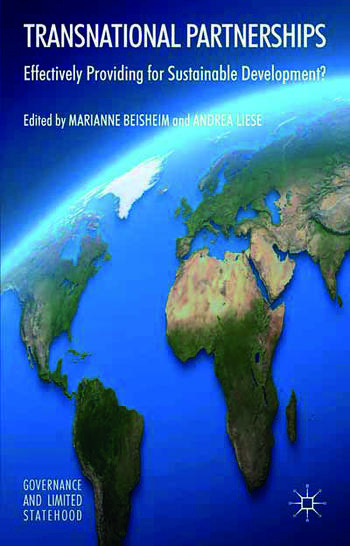Who Governs Partnerships? On the Role of Boards, Donors, Partners, and Other Stakeholders
Marianne Beisheim, Andrea Liese, Christian Vosseler – 2014
Much of the scientific debate on governance in areas of limited statehood centers on the question of how — that is, by what modes of governance — security and other collective goods can be provided in the absence of consolidated statehood. Yet it is equally important to address the question of who governs (Avant et al., 2010, p. 223) when it is not the state. Also, to evaluate the effectiveness of external governance, it is crucial to examine which individuals and organizations in a transnational public-private partnership (PPP) contribute in which phases of the policy process. In this book, we have introduced PPPs as a form of governance in which public and private actors interact. But who exactly is involved in PPPs? And who makes the decisions and holds the power? That is, who sets the agenda, makes the rules, establishes the programs, and monitors, evaluates, and finances the work of PPPs as external governance actors in areas of limited statehood?



